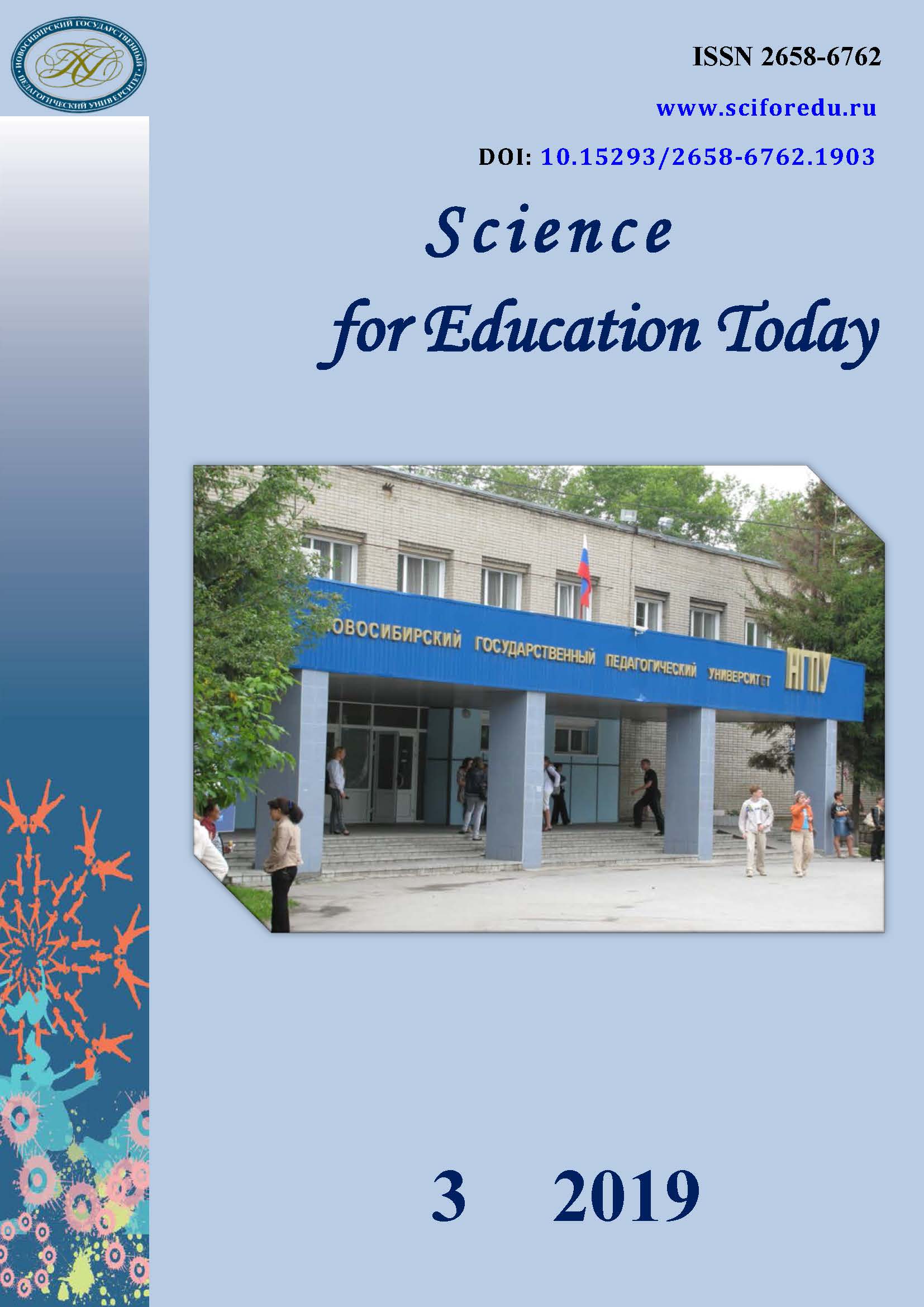Критерии педагогической инновации на примере технологии «перевёрнутый класс» в инженерном образовании
Flipped classroom technology in engineering education: Criteria of educational innovation
Author(s): Maksim Vladimirovich Kochetkov, Mikhail Fedorovich NoskovSubject(s): Higher Education , Educational Psychology
Published by: Новосибирский государственный педагогический университет
Keywords: Flipped classroom; Inverted classroom; Non-traditional approach to learning; Practical training session; Blended learning; Innovation; Creativity
Summary/Abstract: Introduction. The article focuses on a significant problem of developing education according to current innovative trends and challenges. The purpose of the research is to identify the criteria of educational innovation. Materials and Methods. The research methodology is based on the socio-cultural approach, which considers education as a leading, predictive institution of social development, due to the consistency of the definition of “innovation” with its semantic highlights characteristic for conceptual national documents. Results. In the context of global socio-cultural trends, the most general definition of “innovation” is explicated – as something new and effective in the context of preserving and developing anthropological potential. For the field of education, it is proposed to focus on a narrower understanding of innovation – in accordance with the social and technological tasks which appear in the conceptual national documents of the Russian Federation. Two more criteria are efficiency and essential novelty of educational innovation. To illustrate the theoretical findings based on the authors’ “non-traditional” approach to learning (in the Western version the closest is the ‘Flipped Classroom’ technology) the characteristic features of innovative learning are revealed. Conclusions. The criteria of educational innovation in the context of Russian innovation-oriented socio-cultural reality are identified. They include methodological novelty, educational efficiency and compliance with the tasks of technological “breakthrough” of Russian Society. In terms of global trends in understanding the category of ‘innovation’ in Russian educational research investigations it is recommended to use such terms as “novelty” and “creation”.
Journal: Science for Education Today
- Issue Year: 9/2019
- Issue No: 3
- Page Range: 185-199
- Page Count: 15
- Language: Russian

